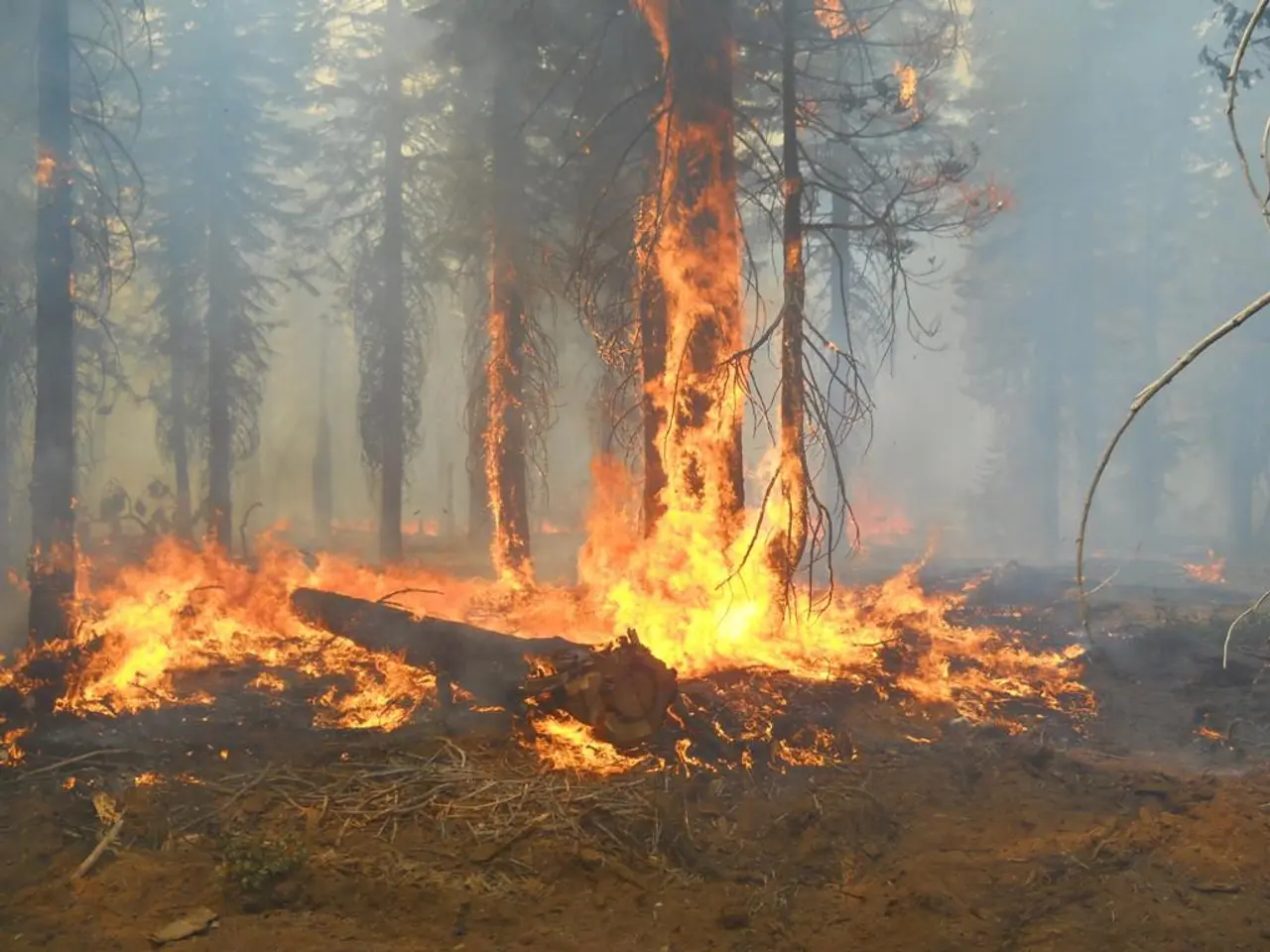Discourse: Trump Enters Discussions on Including Azerbaijan in Abraham Accords
The ongoing expansion of the Abraham Accords, a historic agreement signed between Israel and several Arab states, is currently stalled due to regional conflicts, particularly the ongoing Gaza war and the unresolved Azerbaijan-Armenia peace process.
While the Abraham Accords, signed in September 2020, included Israel, the UAE, Bahrain, Morocco, and Sudan, discussions have been gaining traction to include Azerbaijan and Central Asian countries like Uzbekistan and Kazakhstan. This strategic eastward shift in the framework is a response to evolving geopolitical dynamics and shared economic and security interests.
Azerbaijan, with its longstanding positive relations with Israel, especially in defense, energy trade, and security cooperation, stands out as a key potential new member. However, its formal inclusion appears linked to progress in the peace talks with Armenia, which remain unresolved despite some agreements of principle. Central Asian nations are also being considered, although concrete steps or agreements have yet to be finalized.
The ongoing Gaza conflict creates a heavy diplomatic barrier, as no country currently involved is willing to advance Accords membership without a stable ceasefire. U.S. pressure and incentives such as trade agreements, technology access, and diplomatic support could facilitate expansion in the future, but these dynamics are complicated by regional opposition from Iran, Turkey, and the general sentiment in many Muslim-majority populations.
The United States is advised not to frame the coalition primarily as an anti-Russia or anti-China bloc but rather focus on regional stability and prosperity.
Azerbaijani officials have also reached out to other Central Asian countries to explore joint participation. Trump's envoy, Steve Witkoff, met with Azerbaijani President Ilham Aliyev in Baku in March, and his optimism about peace efforts between Armenia and Azerbaijan was evident. Aide Aryeh Lightstone held further talks with Azerbaijani officials in the spring.
In summary, while Azerbaijan and some Central Asian countries are the most discussed potential new participants in the Abraham Accords, actual expansion is on hold pending resolution of regional conflicts. The Biden administration has backed the Abraham Accords but has not been able to expand them with additional countries. Trump, however, has indicated optimism about peace efforts in the region, suggesting that momentum around the Abraham Accords remains strong, with many countries wanting to join.
- Despite the stalled expansion of the Abraham Accords due to war-and-conflicts like the ongoing Gaza war and the unresolved Azerbaijan-Armenia peace process, discussions are gaining traction to include Azerbaijan and Central Asian countries like Uzbekistan and Kazakhstan, reflecting a shift in policy-and-legislation that prioritizes shared economic and security interests.
- The ongoing diplomatic barrier imposed by war-and-conflicts in the region, such as the Gaza conflict and the unresolved Azerbaijan-Armenia peace process, is preventing the advancement of Accords membership for any country until a stable ceasefire is achieved. This situation is further compounded by the politics of regional opposition from Iran, Turkey, and the general sentiment in many Muslim-majority populations.






